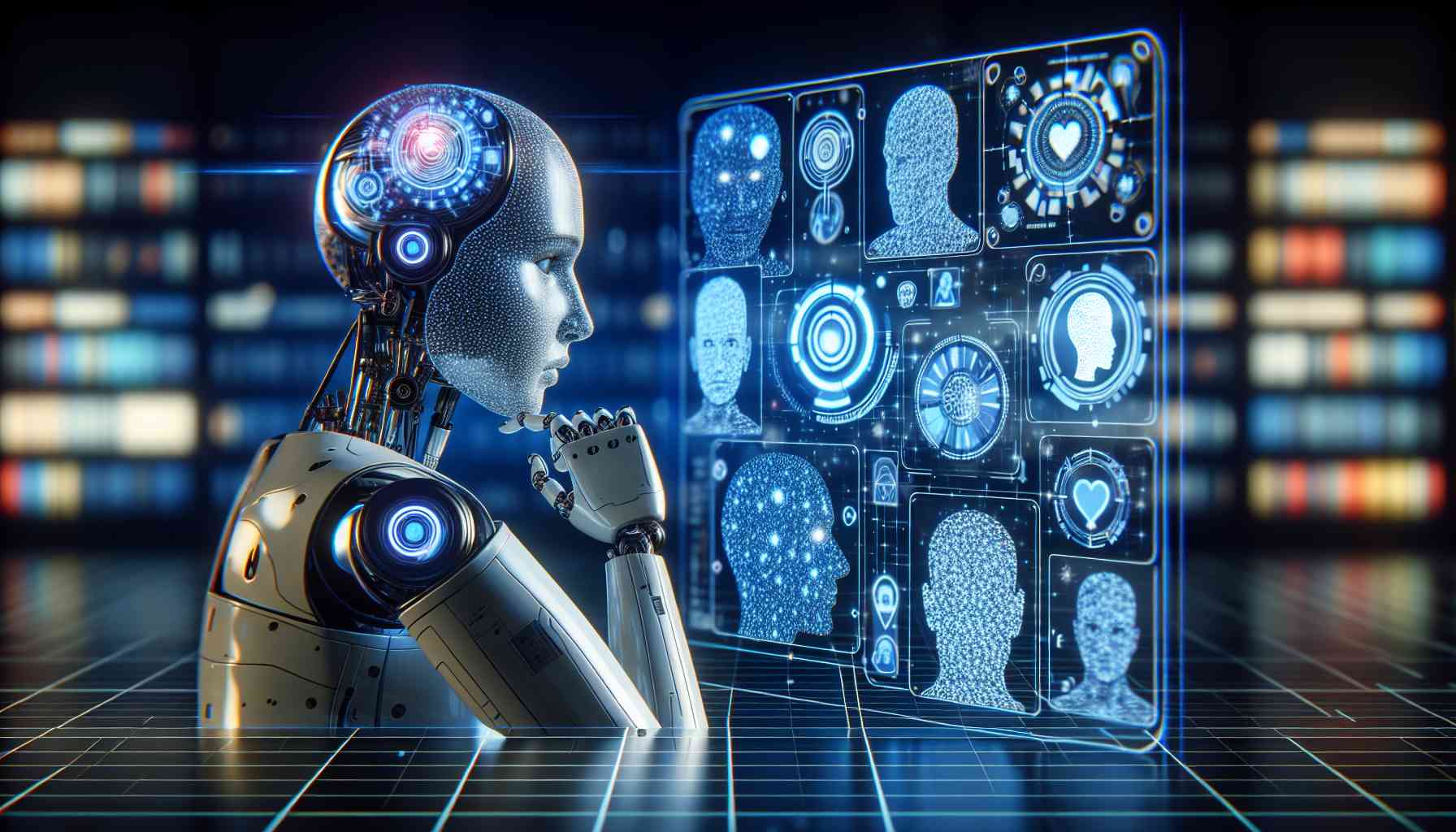Artificial intelligence (AI) chatbots equipped with advanced machine learning algorithms have proven to be effective in inferring personality traits from text interactions, according to a study published in the Journal of Applied Psychology. This groundbreaking research, carried out on a large group of undergraduate students, suggests that AI chatbots could provide an alternative approach to traditional personality assessments.
The study aimed to explore the potential of AI in assessing personality traits, as conventional methods like self-report questionnaires have limitations such as participants’ honesty and the time-consuming nature of long surveys. By using chatbots to analyze language use during online interactions, researchers were able to draw correlations between text responses and known personality traits.
The research involved 1,444 undergraduate students from a U.S. public university. Participants completed a widely recognized Big-Five personality measure and then engaged in a 20 to 30-minute conversation with an AI chatbot. The chatbot analyzed the participants’ text responses using machine learning algorithms to infer personality scores. This enabled a direct comparison between the self-reported scores and the newly developed machine-inferred scores.
The results of the study were intriguing. The AI method demonstrated acceptable reliability, indicating that it consistently and dependably measured personality traits. The factor structure of the machine-inferred scores was found to be similar to that of self-reported scores, suggesting that AI can effectively capture the complexity of human personality, much like traditional questionnaires.
While the study encountered challenges in differentiating certain traits, known as “discriminant validity,” it also highlighted the potential of AI-inferred scores in predicting academic performance and social adjustment among college students. This suggests that AI-based assessments could offer unique predictive value beyond traditional self-report measures in specific contexts.
However, it is worth noting that the study’s participant pool mainly consisted of young, female, college students, which may limit the generalizability of the findings to a broader population. Additionally, the default interview questions used by the AI chatbot were not specifically designed to probe personality traits, which could have influenced the outcomes. The study’s reliance on deep learning models also raises questions about content validity, as these models are not always directly linked to theoretical concepts of personality.
As AI continues to evolve, its role in psychological assessment and understanding human nature is expected to grow. The findings of this study mark an important step towards gaining new insights into the complexities of human personality.
The source of the article is from the blog smartphonemagazine.nl

